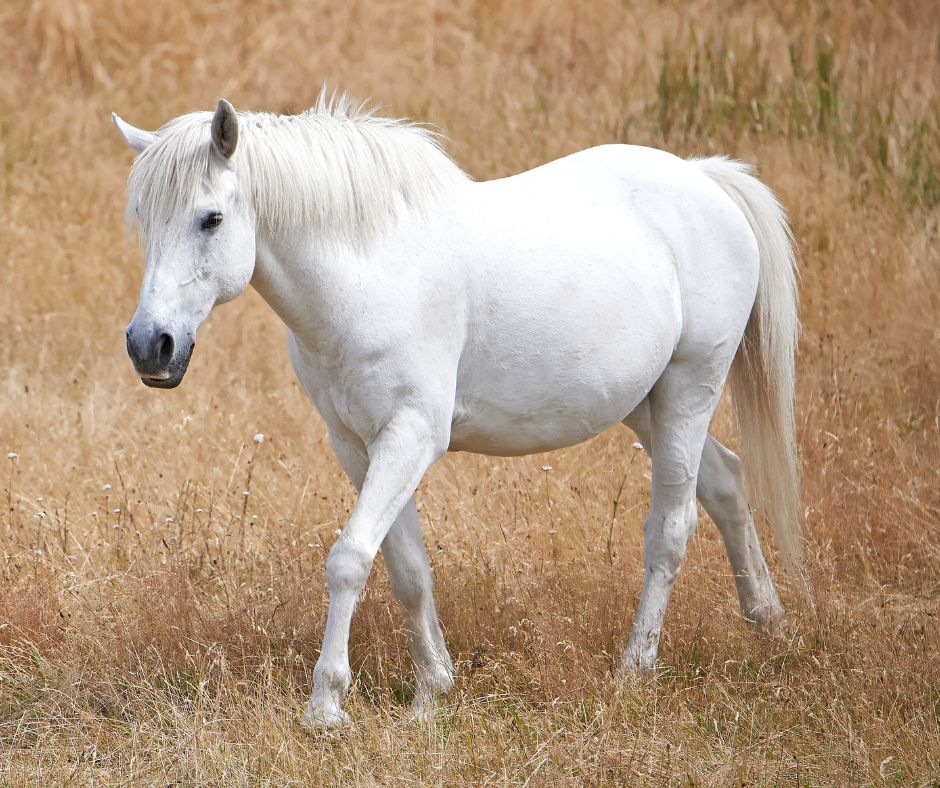
Hormonal disorders in horses
Horses are sensitive animals that require careful care and attention to maintain optimal health. One of the more complex aspects of horse health is their hormonal balance. Hormonal disorders in horses can lead to a range of symptoms and health problems that require careful diagnosis and treatment.
Common hormonal disorders in horses
Cushing's
Cushing's syndrome, or pars pituitary intermedia dysfunction (PPID), is one of the most common hormonal disorders, especially in older horses. PPID is caused by an overproduction of the hormone ACTH from the pituitary gland, leading to an overproduction of cortisol.
Symptoms:
- Long and curly coat that does not shed properly
- Weight loss despite a good appetite
- Increased drinking and urination
- Muscle atrophy
- Infections and laminitis
- ACTH test
- TRH stimulation test
- Insulin test
Treatment:
- Pergolide mesylate, a dopamine agonist that reduces ACTH production
- Regular clipping of the coat
- Dietary adjustments to control insulin resistance
Equine Metabolic Syndrome (EMS)
Equine Metabolic Syndrome (EMS) is similar to type 2 diabetes in humans and is characterized by insulin resistance, obesity, and an increased risk of laminitis.
Symptoms:
- Regional obesity (e.g., fat deposits on the neck, withers, and around the tail base)
- Laminitis
- Increased appetite
Diagnostic methods:
- Fasting glucose test
- Insulin test
- Oral sugar tolerance test
Treatment options:
- Dietary changes with reduced sugar and starch intake
- Regular exercise
- Medication with metformin to improve insulin resistance
Hypothyroidism
Hypothyroidism in horses is relatively rare but can occur, especially in young foals. It involves an underproduction of thyroid hormones.
Symptoms:
- Lethargy and reduced activity
- Weight gain
- Dry and thick coat
- Poor growth in foals
Diagnostic methods:
- Measurement of T4 and T3 hormone levels
- TRH stimulation test
Treatment options:
- Thyroid hormone supplementation (levothyroxine)
- Adjusted diet to support thyroid function
Hormonal disorders in horses can be complex and require careful diagnosis and management. By understanding the common symptoms and available diagnostic tools, horse owners and veterinarians can work together to create effective treatment plans. Early detection and treatment are essential to ensuring the horse’s long-term health and well-being.


 SWE
SWE ENG
ENG NO
NO AX
AX DE
DE